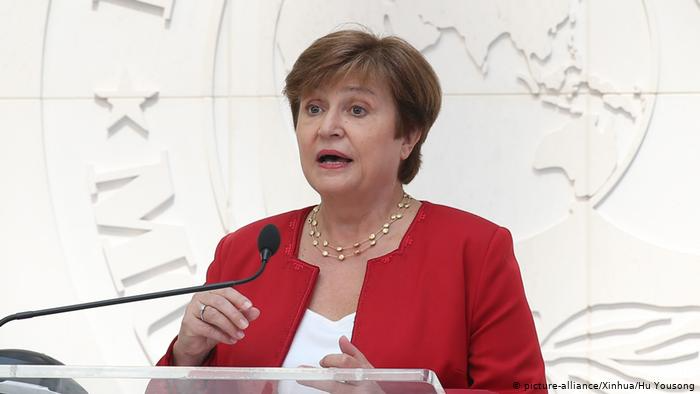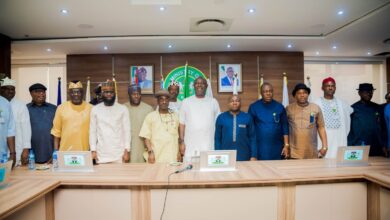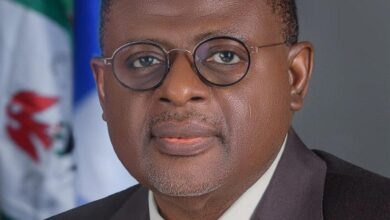IMF Tells African Leader Remove Trade Barriers To Increase Per Capita Income

Kristalina Georgieva, the managing director of the International Monetary Fund (IMF), says African governments must remove trade barriers to increase the continent’s per capita income.
Georgieva said “international cooperation is weakening at a time the world needs it most, adding that the bridges that connect countries are corroding as trade and investment barriers rise.
The IMF managing director gave advisory on Thursday, in Côte d’Ivoire, during a curtain raiser speech in preparation for the 2023 World Bank and IMF annual meetings scheduled for October 9 to 15, in Morocco.
Georgieva, speaking on trade barriers, said operating a free trade market will push up the per capita income of an African country by more than 10 percent.
Per capita income measures the amount of money earned per person in a nation. A low per capita income means a lower average income of people living in a country and a lower standard of living.
On Thursday, the World Bank reported that since 2015, per capita items in Africa have not increased.
The lender also said between 2015-2025, Africa’s per capita items will record a steep drop of 0.1 percent.
In her remarks, Georgieva said the full implementation of the African Continental Free Trade Area (AfCFTA) will transform Africa into the world’s largest free-trade area and improve the living standards of the continent.
“A fragmented world is especially challenging for emerging and developing countries, because of their greater reliance on trade and their more limited policy space,” she said.
“Compared with other regions, the African continent stands to suffer the biggest economic losses from severe fragmentation”.
Expressing her concern, Georgieva said a fragmented world is a challenge that must be confronted.
She said: “In no other area is the need for international cooperation as evident as in addressing the existential threat of climate change. The world has a responsibility to stand with vulnerable countries as they deal with shocks they have not caused.”
“This is why we at the IMF created the new $40 billion strong Resilience and Sustainability Trust (RST). It provides longer-term affordable financing to help lower-income and vulnerable emerging market economies to undertake climate reforms.
“We have already approved eleven programs, six of them in Africa, with many more to follow over the next year or two.”
Georgieva also made a case for countries dealing with debt challenges, saying there is a need to help them, as more than half of low-income nations remain at high risk of debt distress.






